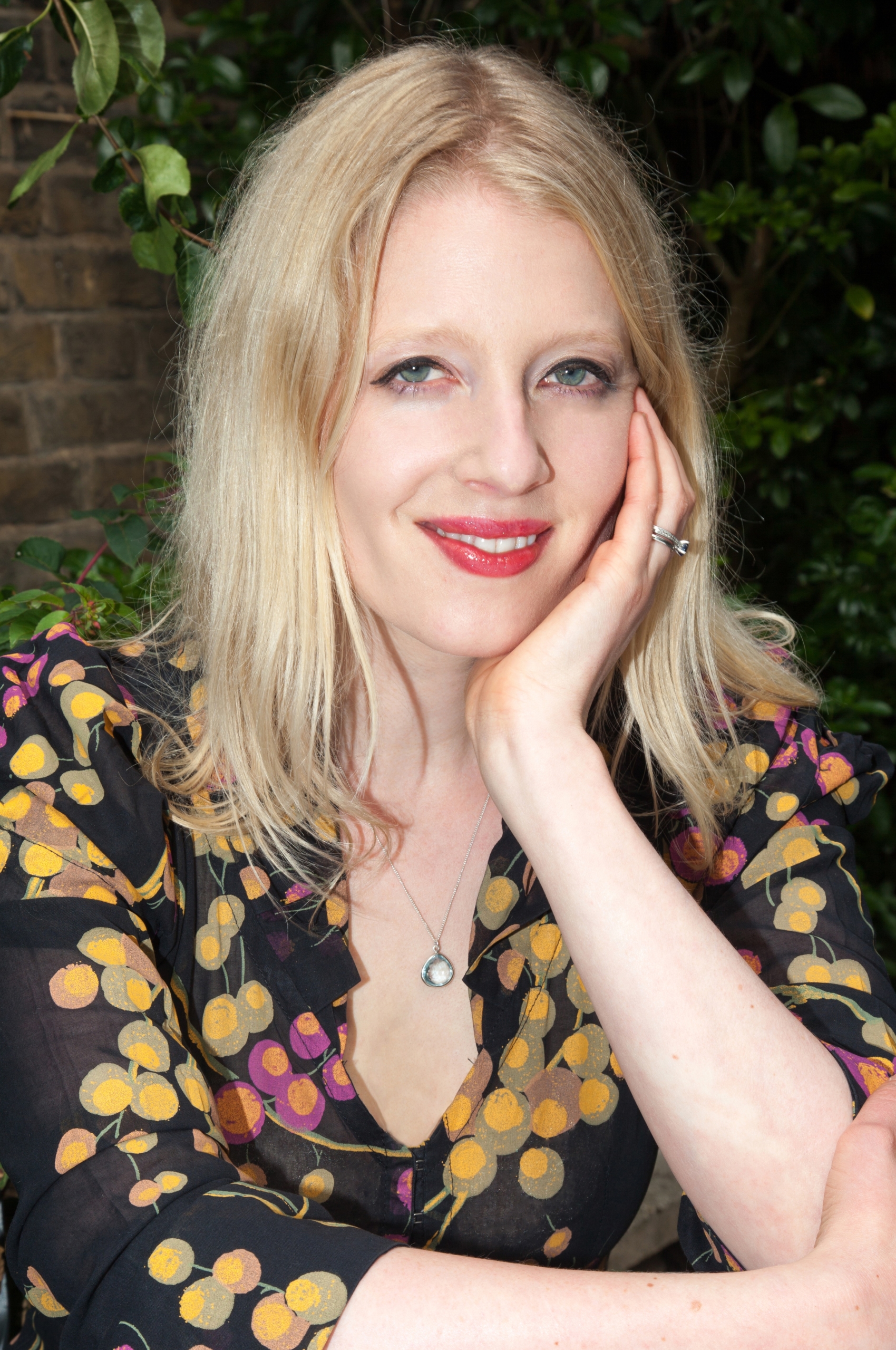
A Q&A Interview with Julia Gray
 Julia Gray’s novel Little Liar is a gripping tale of seduction, envy and a friendship dangerously out of control. Here she answers our questions on the book
Julia Gray’s novel Little Liar is a gripping tale of seduction, envy and a friendship dangerously out of control. Here she answers our questions on the bookCan you tell us a little about the inspiration for Little Liar?
Little Liar started with a mental image of a girl by a loch at a Scottish retreat, reflecting on things that had happened in her recent past. Then I came up with my character, Nora, someone who prefers to observe, rather than take part; who defines herself in negative terms; who tells all kinds of lies. To write the first draft, I went to a place in Scotland called Cove Park that resembled very closely the picture I’d had in my head, by coincidence.
Music is important to you and you’ve written an EP of songs on themes and characters from the book. Can you tell us more about that and what the songs enabled you to add to the book?
I had always wanted to find a project that would lend itself to both disciplines. A while ago, I considered writing music for The Otherlife, but it’s in many ways a very masculine book, with themes I didn’t think my style of songwriting would do justice to. Little Liar is feminine; it’s about performance and love and grief, and I felt at once that I could write songs for it. There are five songs on the EP. The first two are more general – they explore what it means to be a ‘bad’ female character in fiction, and Nora introduces herself as the ‘Little Liar’ of the book. The last three tell individual stories – again from Nora’s point of view – of three of my favourite turning points in the novel.
As well as music, film plays a big part in the story. Are there particular films you had in mind when writing the book?
Without question, the 1950 film All About Eve, starring Bette Davis and Anne Baxter. One of my favourite films ever, it’s about a talented, insecure Broadway star who begins to worry that the young woman she’s taken under her wing is really out to steal the things she treasures most: her role in a play and her lover. I wrote a song based on All About Eve for my album I Am Not the Night, and Little Liar examines some similar themes. Other films that I had in mind are Withnail and I and The Talented Mr Ripley.
Modern readers seem almost to demand ‘likeable characters’ yet in Nora and Bel you have the opposite of that. Why did you make that decision, and how do you feel about the two girls?
I find it a temptation and a challenge to write characters who do questionable things; it’s tricky to try to balance them so that they remain sympathetic. Weirdly, it seems that unlikable characters are easier for me than likable ones: when I was writing The Otherlife the character of Hobie, who has many flaws, came to me very uncomplicatedly, whereas Ben, who is very nice, gave me no end of trouble. It was really hard to capture his voice.
A séance plays an important part in the plot, and there are supernatural elements in your first book The Otherlife too. Why do you choose to use the supernatural in your stories?
I’ve always loved books that investigate an intersection between the mundane and the supernatural – Diana Wynne Jones’ Fire and Hemlock was hugely influential, also the work of Penelope Lively. It’s something I actively seek to include – I like a level of ambiguity to it, so that the characters question the nature of what they’re seeing and experiencing, and the reader must decide how ‘real’ it is.
What are the challenges to you as an author in creating such unreliable narrators?
The difficulty lies, I think, in ensuring that the reader still trusts the narrator enough, even though the narrator is unreliable. There’s also the matter of choosing which elements of the story should be unreliable and which parts simply occluded by lies of omission. (This is very much the case with Nora, who promises at the start of the novel to tell a ‘true story’ of all her past lies, but still leaves certain parts out of her narrative.) And lastly, there’s the psychological question of why the narrator is unreliable in the first place, which is interesting to address, even indirectly.
Little Liar is published by Andersen Press, £7.99 pbk.





